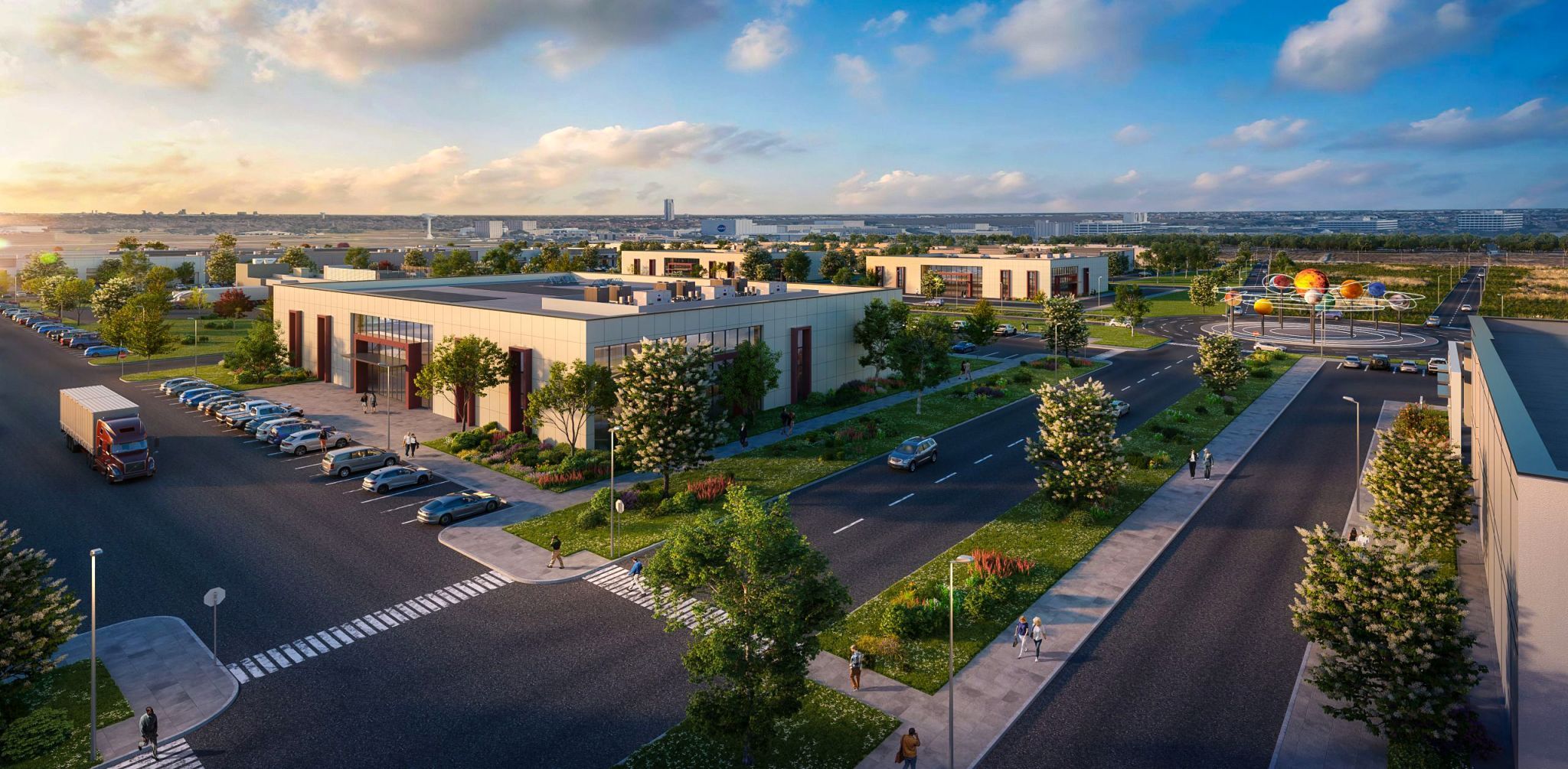NASA Administrator Underscores Houston’s Crucial Role in the Future of Aerospace
Published Dec 18, 2020 by Javier Vargas
NASA Administrator Jim Bridenstine discussed how the agency has persevered through the pandemic and what is on the horizon for the aerospace industry, including Houston’s role, at the Partnership’s inaugural State of Space event.
Home to one of NASA’s largest R&D facilities, Houston has been an epicenter for human space exploration. Since the historic Apollo missions, Houston has grown, innovated and pioneered many advancements and technologies that have changed the world.
"Despite an economically challenging year, Houston's aerospace industry continues to flourish," said Partnership President and CEO Bob Harvey. "With some projecting the commercial space industry to become a trillion-dollar business over the next 20 years, Space City will continue to lead in aerospace innovation."
Johnson Space Center Director Mark Geyer kicked off the program noting the significant of last month’s 20-year anniversary of continuous human habitation in space. He went on to underscore Houston’s role to the U.S. space program and recent initiatives.
The Johnson Space Center is working on the Artemis program’s Orion crew capsule, which will take humans to the lunar surface for the first time since the Apollo program in 1972, including the first woman. It is also working on the Gateway, a small space station orbiting the moon that will allow for the redeployment of human landers.
“All of these things position Houston to be a leader and a focal point for this new commercial space ecosystem, which is national and global in nature,” said Geyer.
A point later underscored by Bridenstine during his keynote address.
"We are very fortunate to have a center like Johnson in a city like Houston — a city that produces talent, that has an amazing workforce, a dedication to education and to the STEM fields,” said Bridenstine.
He went on to discuss the commercialization of space and the exciting projects underway, including returning man to the Moon and later Mars, through bipartisan efforts.
During his 30-month tenure as NASA Administrator, Bridenstine has led America’s most serious push to put astronauts on the moon since the Apollo era. His vision for NASA has been to end the partisan divides of the past and bring together interdisciplinary teams to create sustainable programs for decades, and generations, to come. The scientific discoveries undertaken through space exploration have tremendous impact to our life here on earth.
When asked about Houston’s potential for attracting future commercial space business, Bridenstine emphasized the importance that Mission Control has had, and will continue to have, in the next era of space exploration.
"The Johnson Space Center is quite well positioned for attracting a lot of commercial industry and international partners," said Bridenstine.
The missions of tomorrow – to the moon, to Mars and beyond – are being planned today by scientists and engineers who call Houston home.
To learn more about Houston's aerospace and aviation industry, click here.
 The Houston Report
The Houston Report



















